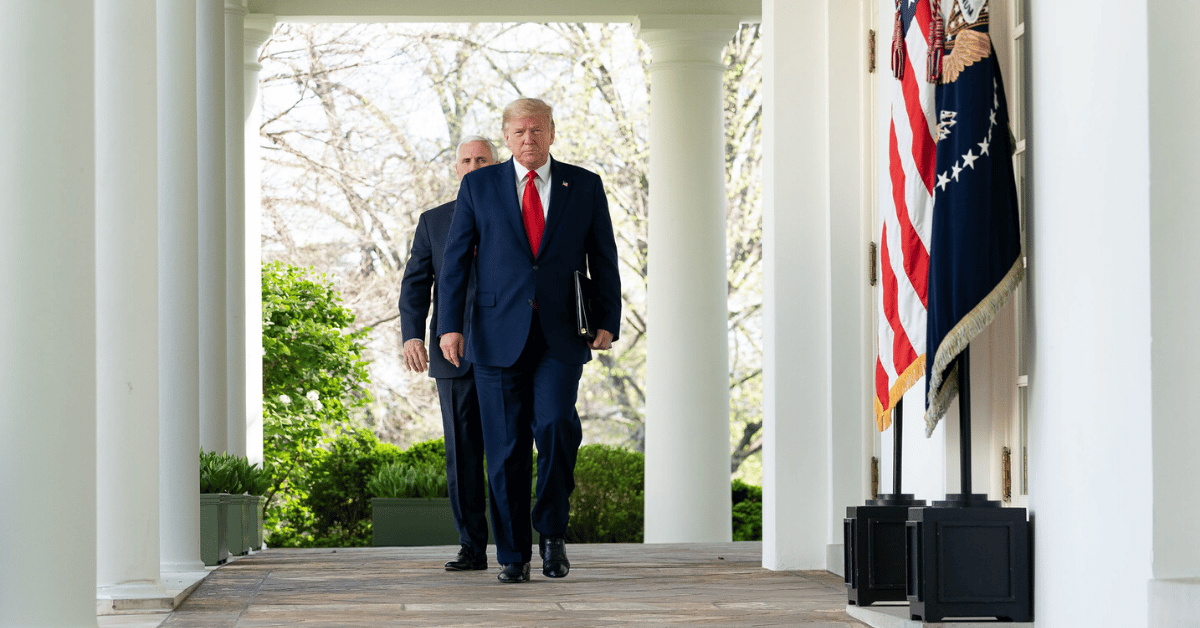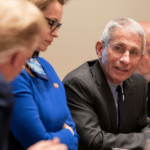



Col. Susannah Meyers, once the commander at Pituffik Space Base in Greenland, was relieved of her post after a controversial visit from Vice President JD Vance. The event underscores the heightened tensions between U.S. interests and international diplomacy in Greenland.
The Raleigh Observer reported that the removal of Meyers highlights the complexity of military leadership amidst diplomatic entanglements.
The incident began unfolding during Vice President JD Vance's official visit to the strategic Pituffik Space Base. His visit was marked by a clear focus on affirming and strengthening the United States' interests in Greenland.
Historically, the region has been significant due to its strategic location, playing a pivotal role in transatlantic operations and broader Arctic strategies.
Vance's comments during the visit emerged as a focal point of the controversy. In a move that drew attention and critique, he openly criticized Denmark's management of Greenland. This was seen as part of a broader U.S. political narrative that has periodically questioned Denmark's stewardship of the region.
Col. Meyers found herself in a precarious position following these remarks. As the commander responsible for maintaining diplomatic relations in this sensitive geopolitical area, she felt the need to clarify her stance.
In an email addressed to all personnel at the base, Meyers sought to distance her command from Vance’s remarks, expressing her own perspective on the management and operations at the base.
This email, intended to mitigate potential fallout and maintain diplomatic equilibrium within the command, had unintended consequences. The content was evaluated by higher authorities, leading to her removal from the command position at the space base.
This decision underscores the delicate balancing act between military leadership and diplomatic discretion in politically charged arenas such as Greenland.
The narrative around Meyers' removal highlights a recurring theme within the U.S. military structure. Officers often walk a tightrope, juggling between organizational loyalty and broader diplomatic ideals. Meyers’ situation illustrates the complexities that officers face, particularly in scenarios involving international partnerships.
Greenland's strategic significance cannot be overstated. With the Arctic becoming increasingly vital for military and climate-related agendas, the Pituffik Space Base plays a critical role.
The United States, recognizing this strategic value, has maintained a robust presence in the region, fostering military operations and collaborations.
The vice president's visit, albeit controversial, was part of the United States' ongoing efforts to reinforce its influence in the Arctic regions. Vance's statements were likely intended to assert U.S. interests, but they inadvertently sparked diplomatic dissonance.
This incident highlights the broader dynamics at play between the United States and its allies. The tension following Vance's comments serves as a reminder of the thin line that military and political leaders must walk when addressing international territories shared with allies like Denmark.
Col. Meyers’ tenure at the Pituffik Space Base was marked by a focus on fostering international cooperation while ensuring operational excellence. Her decision to communicate with base personnel demonstrates the challenges military leaders face in reconciling domestic policies with international sensitivities.
Following her removal, discussions have intensified about the roles and responsibilities of military officers in geopolitically sensitive locations.
This incident may prompt reconsideration of how military decisions are made in similar contexts, balancing national interests with international diplomacy.
Meyers’ experience may serve as a case study for future discussions on military and diplomatic relations. Her removal not only highlights the challenges of command at an international level but also prompts a reevaluation of strategies for maintaining harmony between political directives and ground realities.
As the U.S. continues to affirm its presence in strategically important areas like Greenland, the experiences of officers like Meyers could drive changes in policy and practice. Future commanders might be encouraged to adopt strategic communication practices that both align with U.S. interests and respect international partnerships.



